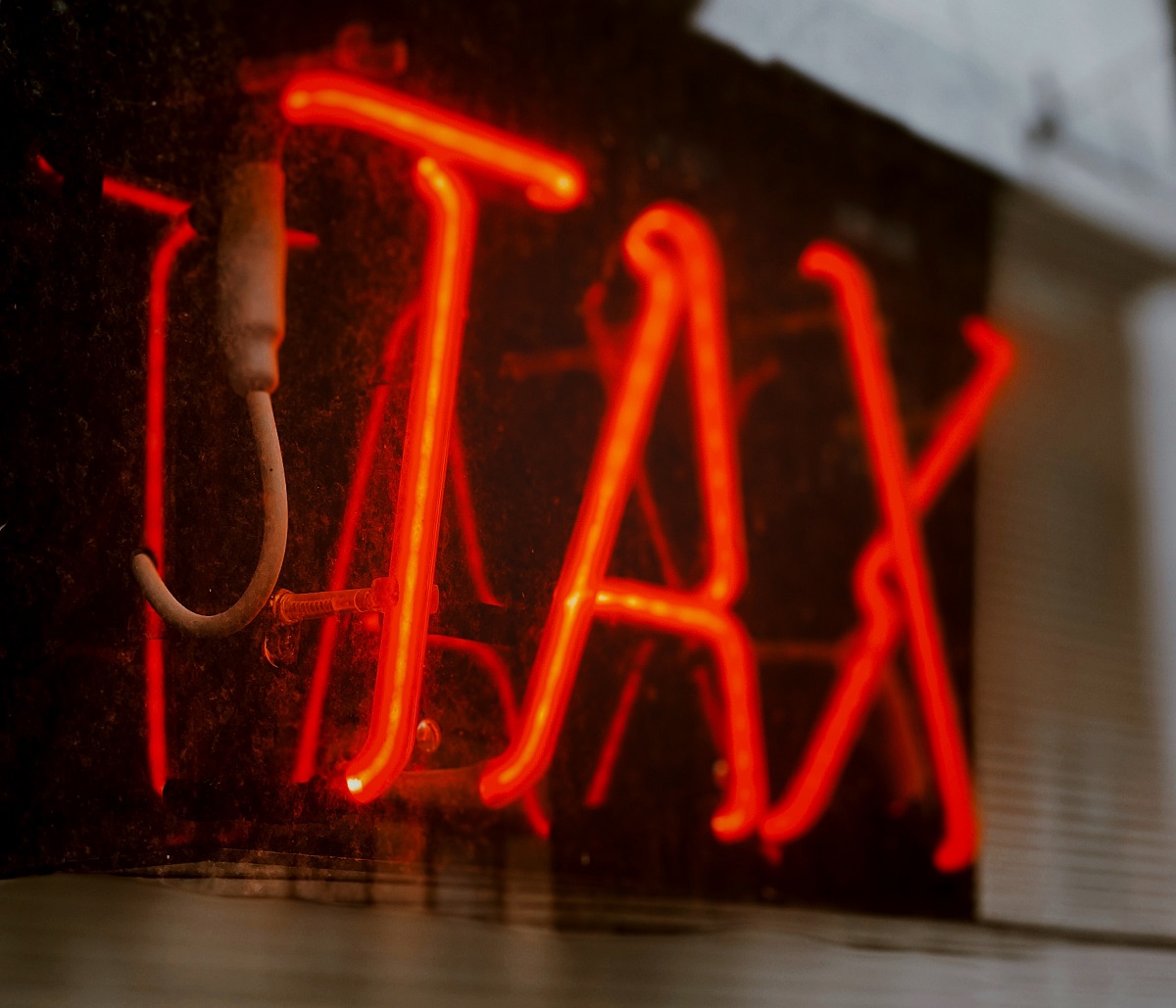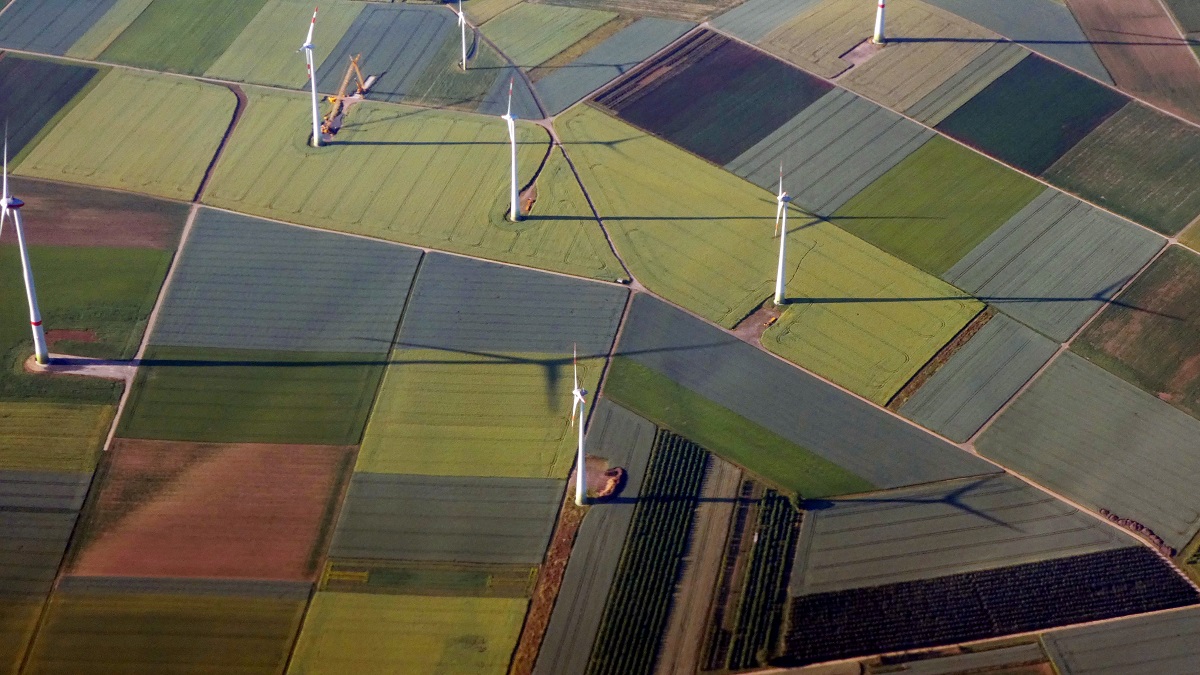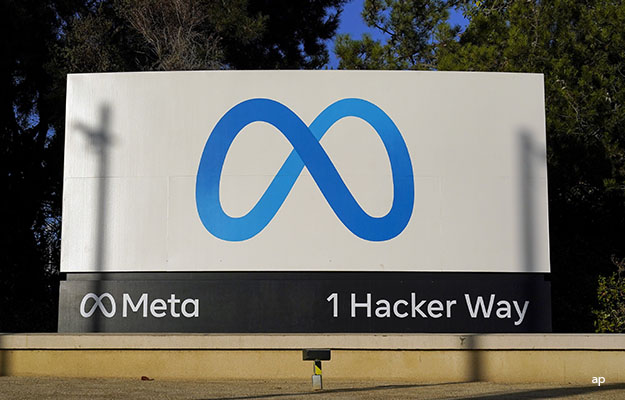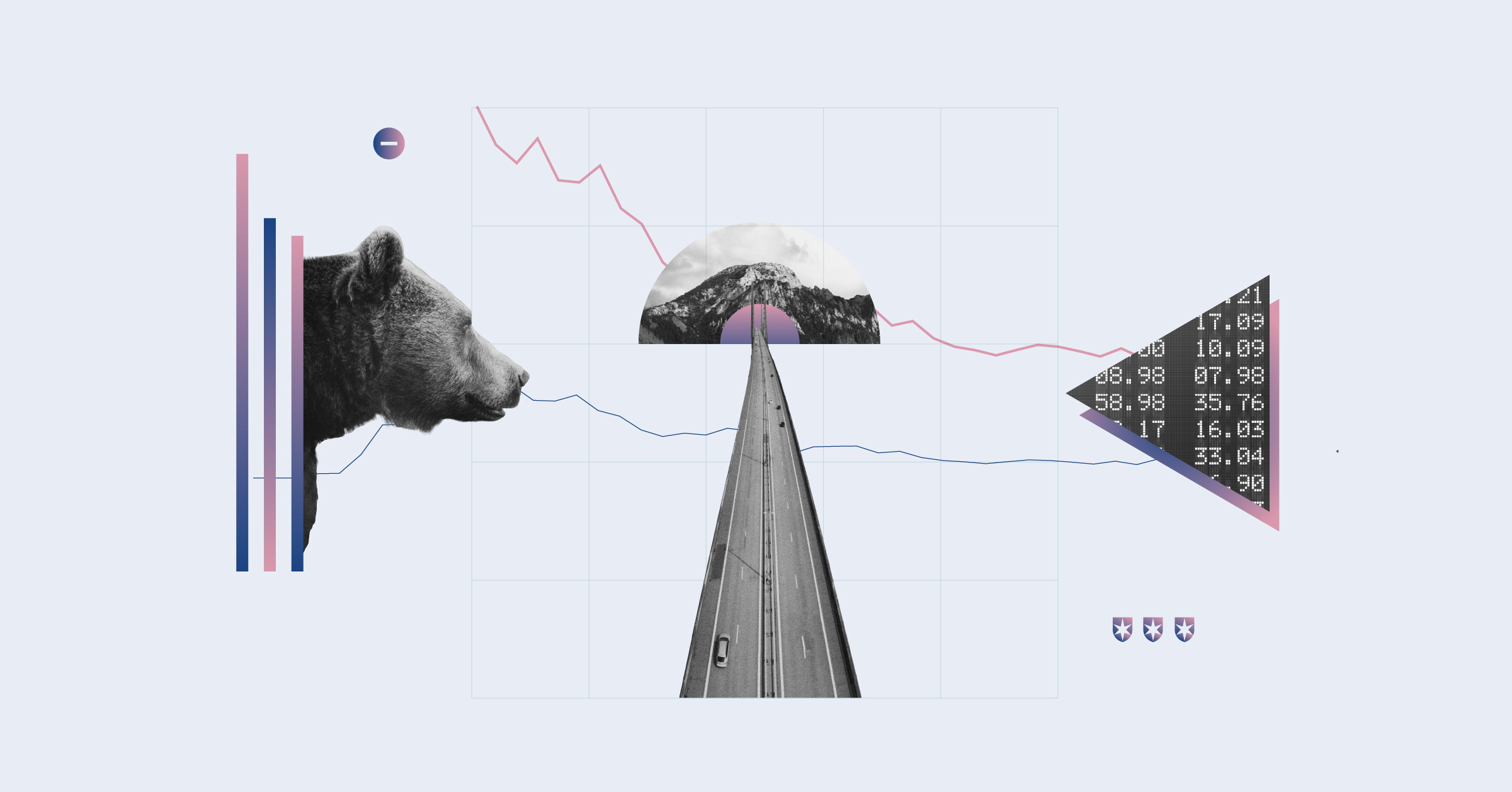
With the release of the Canadian budget for 2023, investors are trying to figure out how the new tax on share buybacks will affect their portfolios. From the impact on the stock market to how individuals should adjust their strategies, here's a look at the potential implications of this new policy.
What is a Share Buyback?
Whenever a public company makes a profit, it is the duty of the board of directors to ensure that those profits benefit the investors in that company either directly or indirectly. To do this, the company has four options: (1) issue a dividend, which returns money back to investors, (2) retire debt, which strengthens the company's balance sheet, (3) buy back some shares from investors, which based on the laws of supply and demand should increase the value of outstanding shares or (4) keep those profits within the company and use them to re-invest for future growth (perhaps to hire more people, expand production, or conduct R&D), which benefits investors in the future hopefully in the form of capital gains.
The first three options (dividends, buybacks and debt retirement) together make up the concept of shareholder yield, which equity investors can use as a screen to find companies that have a history of returning value to shareholders outside of capital gains.
The Advantages of Share Buybacks
Conceptually, a company's management and board has relevant inside information on appropriate timing to buy back shares, because it inherently knows the intrinsic value of assets and liabilities, and in turn, equity. When a company's management observes that the market is underpricing its equity, an opportunity to buy back shares at a discount presents itself. Once the buyback is executed, this benefits shareholders directly. This also enables companies that leverage shared ownership programmes (where employees are given shares of company in lieu of direct payment) to ensure shares are not overly diluted. Although a 2% tax may not move the needle significantly, it might mean that a company waits until the shares are further undervalued before executing a buyback strategy.
Is the Buyback of Listed Shares Taxable?
Up until this last federal budget announcement, Canadian companies buying back their own shares did not have to pay buyback tax to the government of Canada. This said, Budget 2023 announced that a proposed tax of 2% will apply to public companies in Canada who purchase more than CAD $1M worth of shares within a given fiscal year, effective in January 2024. In other words, if a company buys back $1M worth of shares in a year, they owe the Canadian government CAD $20K. The intention here is to of encourage Canadian corporations to re-invest in their workers and businesses.
Will the Tax on Buybacks Work?
As mentioned, corporations have four options to return value to shareholders. With this new tax, it is very possible that Canadian corporations will choose not to buy back shares, but instead pursue one of the other three options to return value to shareholders, one of which does indeed encourage re-investment and has the potential to encourage hiring and/or capital spending. This being said, Canadian interest rates have also risen with the central bank's overnight rate sitting now at 4.75% compared to a meager 0.5% through most of 2020 and 2021. This means that companies who rely on debt to finance operations will face much higher interests costs when they go to borrow.
Hence, it might be argued that a corporation who does have outstanding debt is far more motivated to retire that debt as opposed to re-invest, to maintain profitability. That said, not all companies rely on debt. Those with very strong balance sheets might indeed avoid buybacks and opt to re-invest or issue a dividend.
The Impact of Canada's Stock Buyback Tax on Investors
If the Government’s tax on share buybacks works as intended, instead of buying back shares, companies will opt to re-invest internally to the benefit of investors in the future. As an investor, this might delay the realization of your capital gains, because re-investment takes time to materialize into profits, as opposed to buying back shares which elicit an instant market response. Of course, if the company still chooses to buy back shares, it will likely mean that they will buy back 2% fewer shares.
On the other hand, if a company is known to primarily issue dividends, they likely won't be swayed by this tax, and are likely worried more about keeping their dividend yield at a reasonable level given the higher interest rate regime. As a dividend investor, the impact of interest rates far outweighs the impact of this new tax.
Outside of today's discussion, investors are reminded that dividend income is taxed higher than capital gains in Canada.
This article does not constitute financial advice. Investors are urged to conduct their own independent research before buying or selling any security.




















